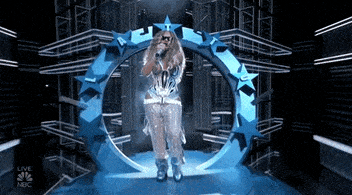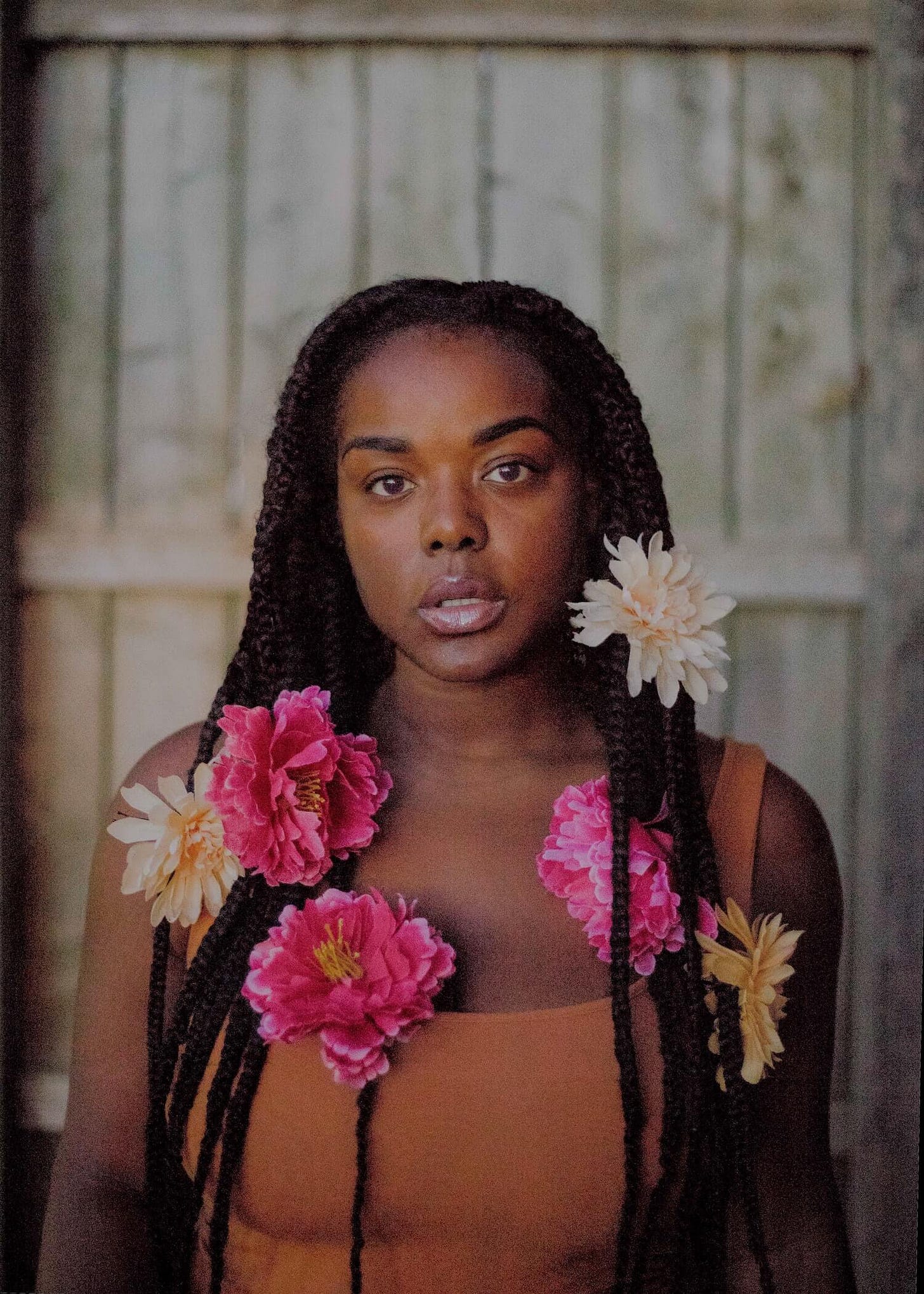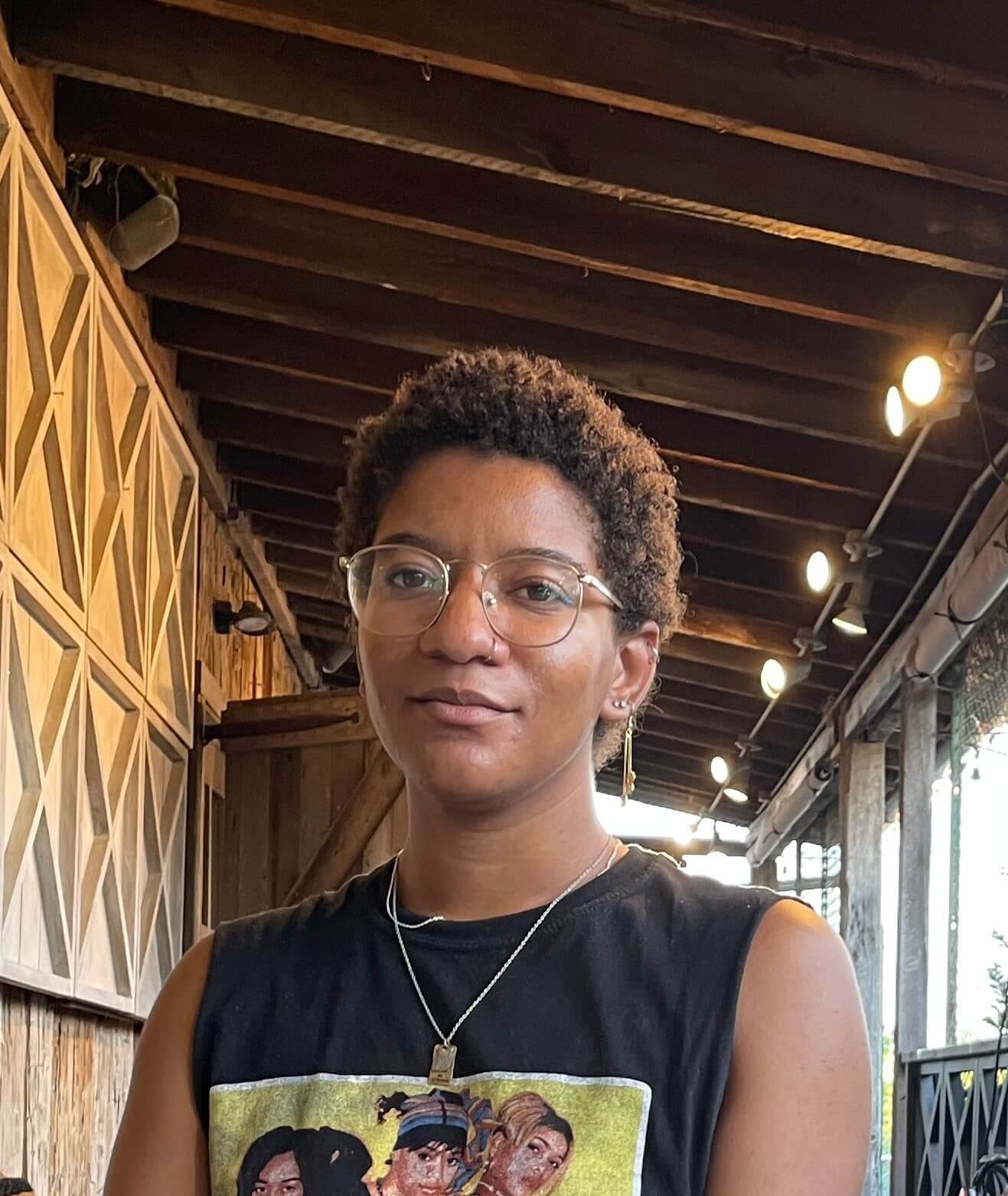Hey y’all,
As I’m writing this, I’m just seeing the news about the mass shooting in Buffalo, NY. I absolutely HATE writing about this because WTF. Most of the victims were Black and the white gunman confessed he was targeting Black people. According to NPR, “The suspected gunman, Payton S. Gendron, allegedly published a 180-page document to the anonymous message board 4chan before carrying out the attack. The pages repeat a series of white supremacist ideologies, including a racist conspiracy theory known as "the great replacement," in an attempt to justify his plan to target and murder African Americans.”
Ironically, our elected officials are fighting for their lives to ban critical race theory in schools (whatever that means), but conspiracy race theory is A-OK. I don’t want to give too much time to this man’s evil act because he’s facing life in prison so justice was, thankfully, swiftly served. But I do want to give space to the families who lost their loved ones. An innocent grocery run turned into another thing on a list of things Black people can’t do without fear of being murdered. May the families be able to one day again find peace and their lost loved ones have peace ♥️
This week’s story
With everything going on, it’s hard not to relate to this week’s story, edited by Yolanda Baruch and written by Kiersten Adams. With all that is happening in the world, it is a reminder that care, rest, and ultimately being honest with yourself are such important components to getting through those times when even getting out of bed seems like a feat. While we are supposedly in an endemic, it still boggles my mind how many of us have managed to work and live at the same damn time while everything seems to be going up in shambles globally. Death at 2:30 but still gotta make it to the 3:30 Zoom meeting.
Such is life, but I’m so happy you’re still here doing it.
Take care,
Anayo Awuzie
EIC of Carefree Mag
How I Deal With My DWW (Depression While Working)
by Kiersten Adams
The past two years took a toll on me mentally and physically. Like many, I had to bear the weight of the after-effects of the pandemic and life in solitude. I had many firsts in 2020. My first zoom college graduation (through a global pandemic), my first apartment (in a global pandemic), my first full-time job (in a global pandemic), and the first significant loss of my best friend to suicide. I felt numb and uninterested, but there was an expectation that through it all, I was supposed to continue ‘pulling myself up by the bootstraps’ and hustling. I strangled any anguish lurking inside until it subsided and I could continue this work.
Then, in November of 2021 I lost a childhood friend in a car accident. It had been awhile since we’d last sat together and laughed about juvenile things but his death marked the coming of age moment when I understood that I would lose loved ones and remember the pain of what it feels like. As much as I wanted to check out, I couldn’t. I had a Zoom meeting at 3:30 PM the same day and I just couldn’t miss it. Despite the constantly depicted death both in my reality and that of the world, I was supposed to be 'OK.' I had been reduced to a hollowed cast of skin and breath, plastering on a face of contentment to appease those around me. I often tell people that I had many jobs during this time: nanny, freelance writer, and actress. The role I played was a woman with crippling depression who only moved from her bed for work and Zoom meetings. Where was my Oscar?
In the beginning, I remember vividly sitting with my oldest friend at her dining room table, lamenting over the joys and fears we shared of entering the work world right out of college and through the pandemonium of a pandemic. Feeling like we'd finally stepped into 'adulthood’ the way it had been advertised. But the feeling didn’t last for long. Reality settled on our chest like concrete. My friend would fall prey to the harshness of depression, committing herself to what I called a government sanctioned safe-place. She succumbed to the pressure and strains of her maelstrom of a job and had made friends with isolation and anxiety, much like myself.
How does one keep up the facade like they’re fine when in reality they’re contemplating far worse scenarios? How are we supposed to sit with ourselves and find time to at least try and heal, when we’re being pulled in every direction.
Stretched beyond limits, boundaries obliterated. But the show must go on, right? This was, I thought, the true way of the world. Or was everyone else just better adjusted? Were my seasons and moments of depression and grief to be scheduled along with my 4:30 PM content marketing meeting over zoom. Abandoning eating, getting more than 5 hours of sleep, and talking to people didn’t seem to fix the issue. And I wasn’t going to pay for therapy that froze because of my poor wifi connection. I needed instruments that I could use to combat the low moments, especially while I still had work to do.
Learning how to manage my lows is not a how-to-fix all. After many, near hundreds of hours in therapy, over-venting to my friends, and I’ll admit it, even the occasional stroll on Instagrams motivational pages, have introduced to me tools I use to combat those low moments from turning into low weeks, or months. The first step was accepting reality, in order to live and afford the lifestyle I want—I do have to work. There are still assignments that need to get done, but knowing how to fight the urge to cocoon myself under my weighted blanket and sleep for a week can be accomplished. Understanding how to live with grief and depression is only a natural part of life, and developing my tools has been a chore. But I’m rather stubborn and I refuse to let a job take me out.
Honesty
I may be a great actress, but eventually, it all comes to light. As good as I thought I was at hiding my depression at work, it showed in what I produced. I submitted my assignments late and more often than not, it was incomplete or riddled with errors. When my manager asked to have a check-in meeting with me, I panicked that my performance wasn't as outstanding as I'd hoped and I was to be picked apart. Like a child waiting for a scolding from their parents. But upon receiving the call, the tone of the conversation wasn't what I had done wrong, simply, "how are you doing these days?" I'm one of the lucky ones. My environment was once that championed mental health instead of seeing it as a weakness. So when I opened up about what I’d been going through, my manager met me with empathy, compassion, and a short leave to take care of myself. Being honest about mental health can be horrifying, and for some it’s career defining, a moment that could end what you’ve worked for. But I was shown an empathy I wasn’t sure I deserved. I learned then not only how I should be treated as someone in the workforce, but to put value on my feelings and voice them with conviction.
Rest
Something I live by. Some may consider me rather lazy for wanting to sit home on a Sunday in nothing but a bathrobe. I call it taking my time to rest and to heal. Healing isn't a linear process, it takes time and patience, and despite the anxious feeling that I don’t always have the time or capacity to spare for rest. I do. Because without it I’d cease to exist. I must allow my body to rest from the stress. After constantly being on, for work, for friends, for the rest of the world, I’ve learned to let my body enjoy moving slowly and doing absolutely nothing. I needed respite, and I learned to let it come as it is. Whether it’s on a hike into the mountains to walk for miles in silence in the presence of a loved one, or to bike around listening to Erykah Badu. I escape from that which is hurting me, and allow my body and mind to heal. To return home to myself in search of safety.
Care
With my work constantly bleeding into my schedule and time, I’d forgotten what care looks like for myself. I’d ignored my need for it because I couldn’t make space for it. It became an afterthought through working from home, forgetting when to shower or eat. I'd been sitting in silence for sometime when a friend reached out. Not for anything important, and it was beautiful. Minute thoughts that flickered through her mind is why she texted me, she cared to let me know about even the most insignificant aspects of her day and it reminded me of the care I have from others. And if their care was placed in me how could I forget to give it to myself. I find care in my community, in the bodies that love me and wish to continue doing so. Selfishly I cling to it, require it on demand even. And I’m loved for it.
Constantly working, forgetting I have the need for care, I let my depression rage because there was nothing I was doing to appease that aspect of me. From this I learned making time for care is essential. By stating, 'I am my top priority' it sinks in that in order to produce anything; the producer has to be healthy and well. At their best. And when it's still too much, I make time to stop everything and speak with my therapist. Within the Black community, existing barriers and stigmas surrounding seeking treatment make it difficult to voice the need for help. According to Erica Martin Richard, M.D., Ph.D. with John Hopkins Medicine, “women are more likely to suffer from depression and depressive episodes than White women; Black women are only half as likely to seek help.” Taking care is breaking generational traps that lead to trauma. Care is one of my exit strategies to the familiar low feeling. That pit of overwhelming thoughts and anxieties is avoided, because I have care, placed within myself and from my community to continuously uplift me.
There is no fix-all for dealing with depression while I sit in hour one of my Zoom conference, but being intentional about what I need to manage these feelings while working is how I get up in the morning. Voicing what I struggle with, resting my mind and body, speaking with my therapist, and acknowledging that there are moments when I am not ok. There are days where I feel I can't get out of bed and that I will crumble under an email sent my way -- but I remember I'm human, what I'm feeling is to be felt completely. But I have the tools that, if wielded properly, will keep my afloat.
Kiersten Adams is a creative writer, freelance journalist, and space/time enthusiast looking to re-shape the framework around Black bodies, lives, and futures. Based in Philadelphia, Kiersten can be found walking aimlessly through arboretums while listening to Sun-Ra's 'Space Is The Place' on repeat.








